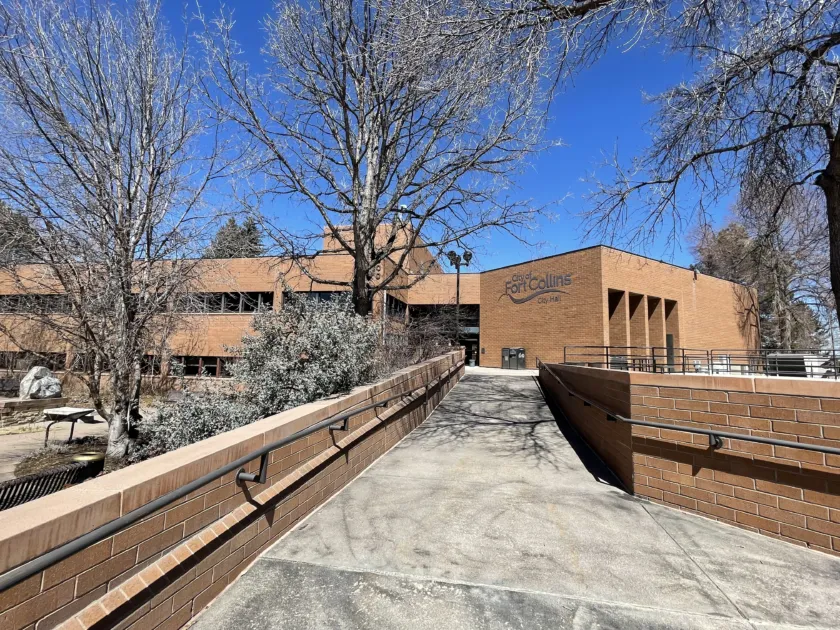Study presents options for Northern Colorado airport governance

LOVELAND – A study of how Northern Colorado Regional Airport is governed recommends either creation of an airport authority, formation of a special district or the withdrawal of the city of Fort Collins as a partner in favor of control by Loveland.
The 15-page report, compiled by Denver-based Daniel S. Reimer LLC after interviews with airport stakeholders and officials from the cities of Fort Collins and Loveland, which co-own the airport, was sent to the cities’ mayors, city managers, city attorneys and council members on Oct. 30 and released to BizWest on Tuesday.
The three final recommendations were selected out of 12…
THIS ARTICLE IS FOR SUBSCRIBERS ONLY
Continue reading for less than $3 per week!
Get a month of award-winning local business news, trends and insights
Access award-winning content today!





